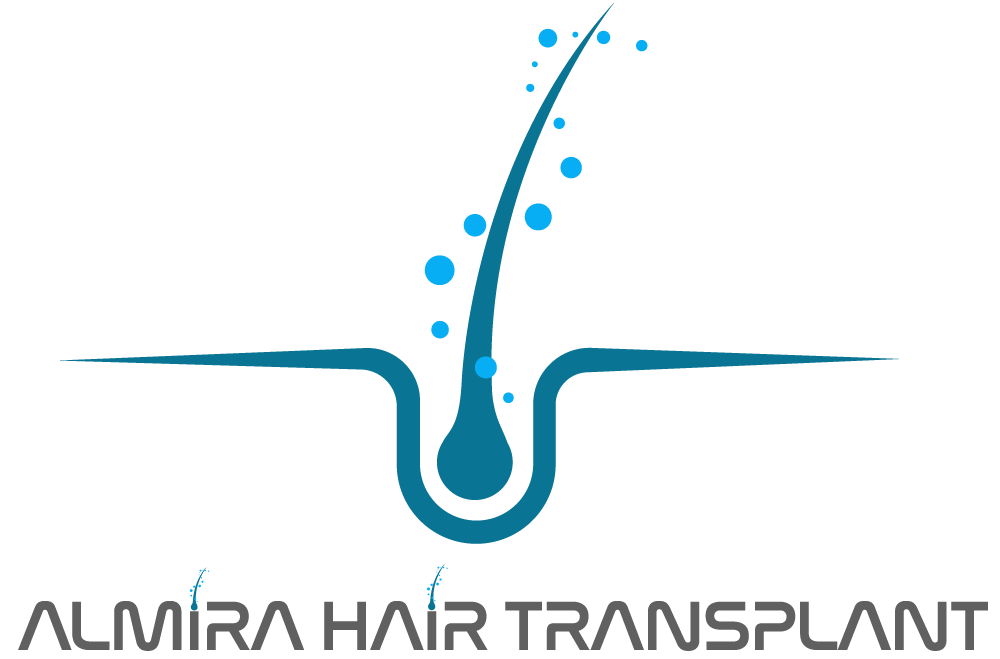Risks and Side Effects of Hair Transplant Surgery

Risks and Side Effects of Hair Transplant Surgery
Hair transplant surgery, while offering an effective solution for hair loss problems, carries certain risks and potential side effects, as is the case with any medical procedure. In this article, we will examine the risks and possible side effects of hair transplant surgery.
Risks of Hair Transplant Surgery
1. Infection
As with any surgical procedure, there is a risk of infection during a hair transplant, particularly if the surgery is not performed in a sterile environment or if wounds are not adequately cleaned.
2. Bleeding
Bleeding can occur during and after the operation. The control and cessation of bleeding depend on the experience of the surgical team.
3. Crusting and Itching
Crusting and itching of the scalp are common side effects following the operation. These effects are typically temporary and can be alleviated with proper care.
4. Donor Area Damage
Since the hair follicles used for transplantation are taken from the donor area, this region may sustain damage. Excessive damage to the donor area or incorrect extraction of follicles may affect the appearance of the donor site.
5. Hair Shedding
After the surgery, the transplanted hair follicles may shed for a period. This shedding is part of the natural hair growth cycle, and eventually, new hair will grow.
Side Effects of Hair Transplant Surgery
1. Temporary Swelling and Bruising
After the operation, temporary swelling and bruising may occur in the areas where hair was transplanted and in the donor area. These side effects usually subside within a few days.
2. Allergic Reactions
While rare, allergic reactions to medications or anesthetics used during the surgery can occur.
3. Formation of Scar Tissue
Scar tissue may develop in the transplanted or donor areas following the surgery. This is a natural part of the healing process, and in some cases, treatment may be required to minimize its appearance.
4. Numbness or Discomfort
Numbness or mild discomfort may be experienced after the surgery. This is typically temporary and can be alleviated with appropriate medications.
Hair transplant surgery, despite its associated risks and side effects, can be highly successful when performed correctly. Therefore, it is crucial to have a detailed consultation with a hair transplant specialist before the procedure and to follow post-operative care recommendations from your doctor diligently.


